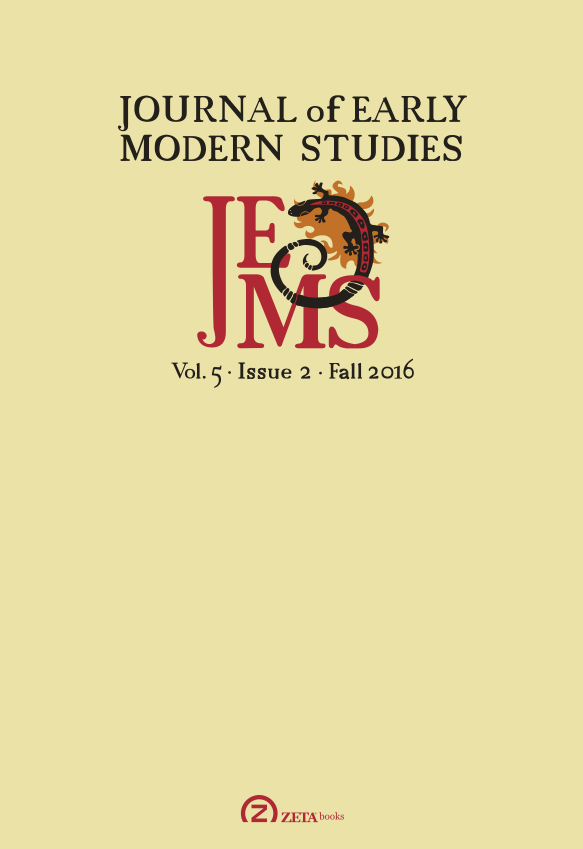Leibniz and Calvino, Possible Worlds and Possible Cities, Philosophy and Fiction
Leibniz and Calvino, Possible Worlds and Possible Cities, Philosophy and Fiction
Author(s): Ohad NachtomySubject(s): Philosophy, Language and Literature Studies, History of Philosophy, Early Modern Philosophy, Philology
Published by: Zeta Books
Keywords: Leibniz; Calvino; Invisible Cities; combinatorial possibility; fiction; modality; composition;imagination in translation;
Summary/Abstract: Italo Calvino’s Invisible Cities presents a wide array of possible cities—cities whose composition turns on a productive ambiguity of their being described or invented by Marco Polo in his conversations with Kublai Khan. Implicit in this book is also a theory about how all possible cities are composed. The method turns on decompos¬ing a city down to its basic elements and recomposing it in different ways through the imagination. I argue that there is a close affinity between Calvino’s theory of fictional cities and Leibniz’s theory of possible worlds. The main similarity is that both theories are combinatorial—they suppose that possibilities are produced by combination and variation of basic elements. The paper presents Leibniz’s theory of possibility in its metaphysical context and explores the similarity (as well as some differences) with Calvino’s cities in their literary context. I suggest that there is a rather strong relation between the theory of literary fiction implicit in Invisible Cities and Leibniz’s theory of possibility, in that both define the possible in terms of the conceivable. Indeed, Leibniz often refers to literary examples to substantiate his position, and I argue that this reveals an essential feature of his theory.
Journal: Journal of Early Modern Studies
- Issue Year: 5/2016
- Issue No: 2
- Page Range: 53-79
- Page Count: 28
- Language: English
- Content File-PDF

